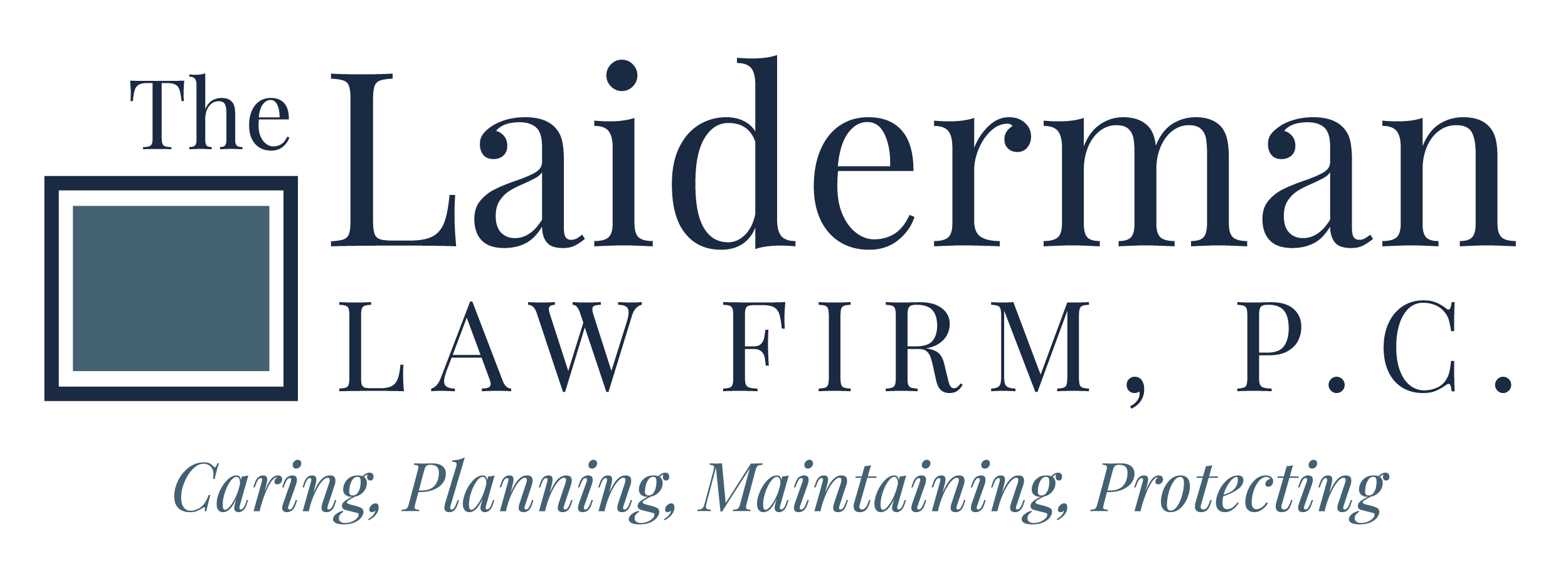It’s not unusual for a senior to consider gifting her home to a married daughter or to a grandchild. There are certainly tax consequences to consider.
nj.com’s recent article on this subject asks “What should I know about taxes before I gift my home?” The article explains that you can gift your home or any other asset to anyone, provided that person is capable of receiving the gift and takes delivery or ownership of it. However, if the grandchild is a minor, the gift would have to be made either in trust with a trustee or through a Uniform Transfers to Minors Act (UTMA) account that has a custodian, until he or she attains the age of majority.
The federal government has a gift tax, but not everyone will be subject to the tax. That’s because each year, you can give anyone up to a $15,000 gift tax-free. If you’re married, you and your spouse could each make those gifts, totaling $30,000 per year without any gift tax.
Gifts to an individual more than $15,000 per year that aren’t under an exclusion or exemption are subject to federal gift tax. As a result, you must file a federal gift tax return on IRS Form 709. However, it’s not likely that you’ll actually have to pay any gift tax, even though you have to file a return. The reason is because under the federal unified estate and gift tax system, each person has a lifetime exclusion from gift and estate taxes of $11.4 million, over and above the annual $15,000 per person gift tax exclusion. That number is doubled for married couples ($22.8 million (2019 limit)). So, you can transfer up to $11.4 million (2019 limit), whether as a gift during your lifetime or as a bequest after your death, before any gift or estate taxes are due.
In addition, you can make unlimited gifts to qualified charities without any gift tax consequences. The same is true for gifts to spouses, as long as both spouses are U.S. citizens. Payments of tuition or medical expenses for someone else are also gift tax-free, if they’re made directly to the school or the medical care provider.
As far as whether and how to gift your home, there are income tax considerations to consider. If you sell your home and have a capital gain, you may qualify to exclude up to $250,000 of that gain from your income because the exclusion is up to $500,000, if you’re married and file a joint return with your spouse. To qualify for the capital gains exclusion on the sale of your home, you are required to have owned the home and also used it as your principal residence for at least two of the previous five years.
For example, say that you own a home worth $500,000, and you’ve owned it and used it as your residence for at least two of the past five years. Say that your basis in the home—the amount you paid for it, plus the cost of any capital improvements—is $250,000. As long as you qualify under IRS rules, you could exclude the entire $250,000 gain ($500,000 sale price minus $250,000 basis), when you sell the residence.
If you gift the house to a daughter or anyone else, in most instances, your $250,000 basis would carry over to the recipient. Your daughter and her spouse would then have a $250,000 basis in the house and a potential capital gains exclusion of up to $500,000, as long as they file a joint return, if they then sell it. But this presumes that they lived at the home for two out of five years preceding the sale.
If you want to stay in your home, one option is to leave it to your daughter or grandchild under your estate plan, rather than gifting it now. The house would then be stepped up to its fair market value at the date of your death, and your daughter’s basis in the inherited house would then be $500,000 or more—its fair market value when she inherits it—instead of $250,000. This increased basis in the home would decrease the amount of any future capital gains, if the daughter subsequently sold the home.
Another option would be to sell the house now to a third party, leverage the capital gains tax exclusion and then gift the money to the daughter, instead of the home.
The best financial outcome would depend on the parent with the home and her daughter’s individual financial circumstances, future plans and relative income tax brackets. There are additional factors to consider, such as the age of the house, its location and condition, whether your daughter would use it as her primary residence or as a rental and whether you anticipate that the house will increase in value over time.
One final note: if you gift the house to a grandchild, the generation-skipping transfer tax (GSTT) would apply in addition to the gift tax. This is a separate tax system that applies when gifts or bequests are made to a person who’s two or more generations below the person making the gift or bequest, like a grandchild or great-grandchild. However, many of the same exclusions that apply for gift tax purposes, also apply for GSTT purposes. So, the odds are you won’t have to pay any GSTT.
Talk to an experienced estate planning attorney to help you find the best strategy for you and your family.
Reference: nj.com (October 28, 2019) “What should I know about taxes before I gift my home?”


